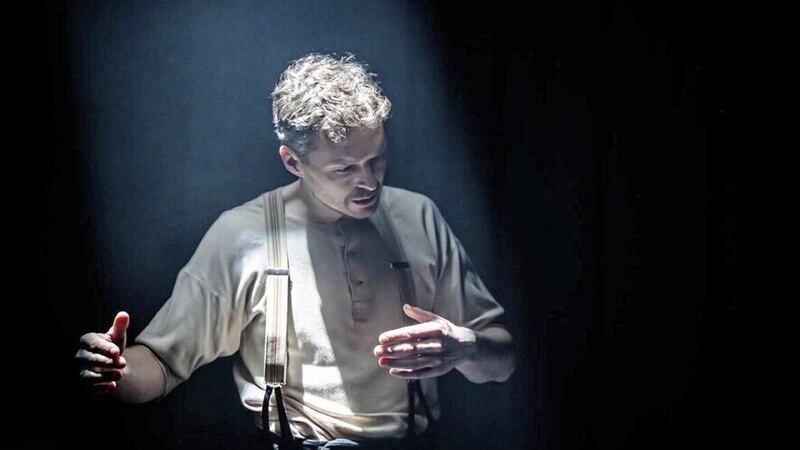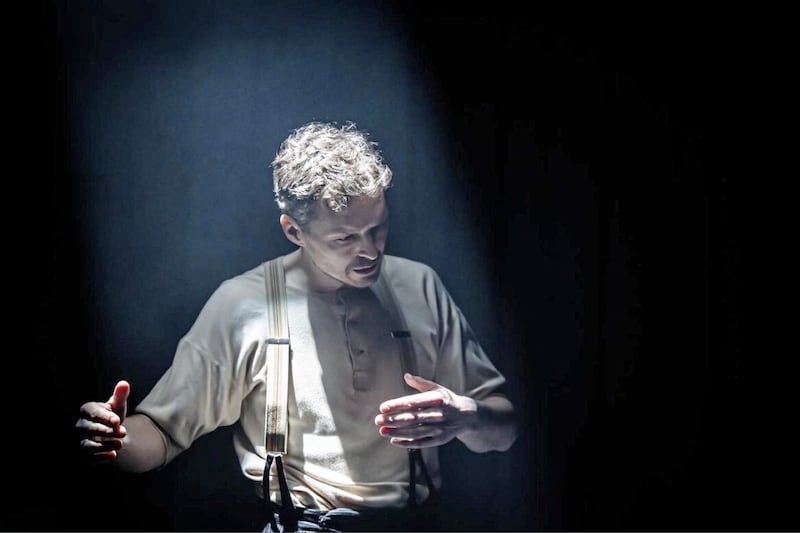ENTERING the Naughton Studio at the Lyric Theatre to see How To Bury A Dead Mule brought you back to the 1940s. We’ll Meet Again produced its melancholy sweetness, and Richard Clements’s brilliant account of his grandfather’s tough experience of the Second World War got under way.
Strangely, the death of Queen Elizabeth II added relevance.
Why is the conflict that Northern Irish conscript Norman Clements – who pretended to be 21 when he was 17 and signed up, so important? – It ushered in the modern era, with a new role for women, the creation of the European Union to prevent more bloodshed, and safeguard workers’ rights.
So a good thing but clearly not for men like Norman, caught up in the often senseless destruction. The horror was deftly done.
We saw Clements contort on the front line, heard of comrades with their foreheads blown away. And saw his prolonged mental breakdown as his brain and imagination try, but fail, to compute what’s going on.
Although on the night, Clements had technical glitches and the well-chosen filmed excerpts didn’t always play ball, it actually didn’t matter terribly.
That’s because we were seeing a man’s inner life spin out of control so if around him, things didn’t behave, that seemed almost fitting.
Sitting next to a veteran of a more recent conflict who, like our protagonist, had lost fingers to the war, I asked him what the drama meant. He said everything, that it was spot on. And it contained the pain of warfare, filtered through Clements’s grandfather’s experience.
One of the most affecting moments was away from the theatre of war in Italy, where our Royal Irish Fusilier had witnessed men burnt to death in tanks. It was his arrival back home to Belfast, to his beloved Isabel and their children.
As he said blankly, looking round the station and seeing families reuniting, nobody had come to meet him. Nobody; so he took the taxi home.
The physical acting was great. Matthew McElhinney directed with sensitivity and flair.
The way Clements presents the narrative – doubling back in fits and starts mirrored the way somebody’s mind works when suffering from post-traumatic stress disorder – was skilful.
It was reminiscent of some of the great war memoirs and poetry such as The Railwayman or Keith Douglas’s poem Simplify Me When I’m Dead. It’s interesting that Clements uses rhyming structures in his play at certain key moments.
The playwright said he hoped to take this drama to the Edinburgh Festival. The Fringe should snap it up for 2023. With the Ukrainian conflict in our minds, the message continues to be topical.








